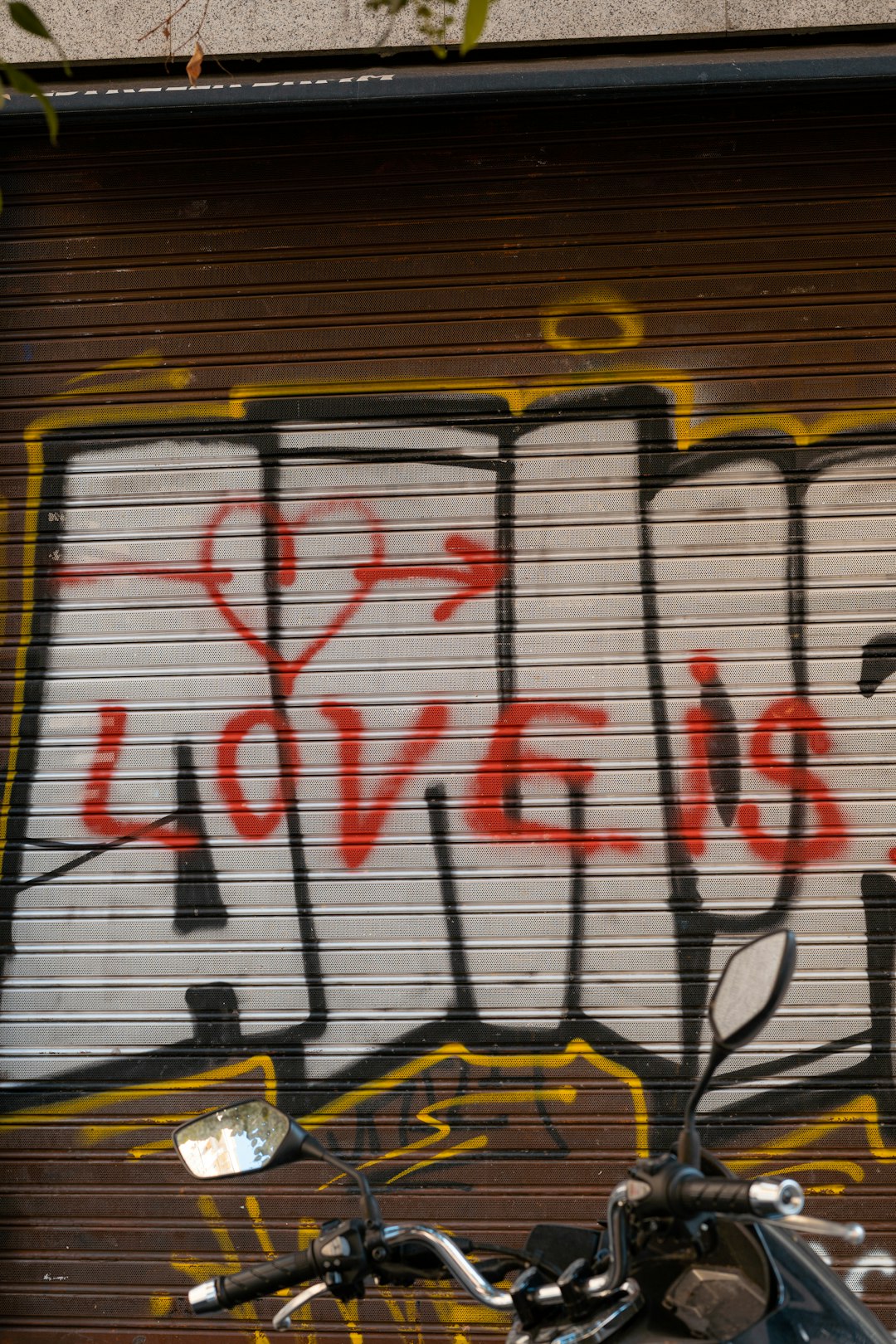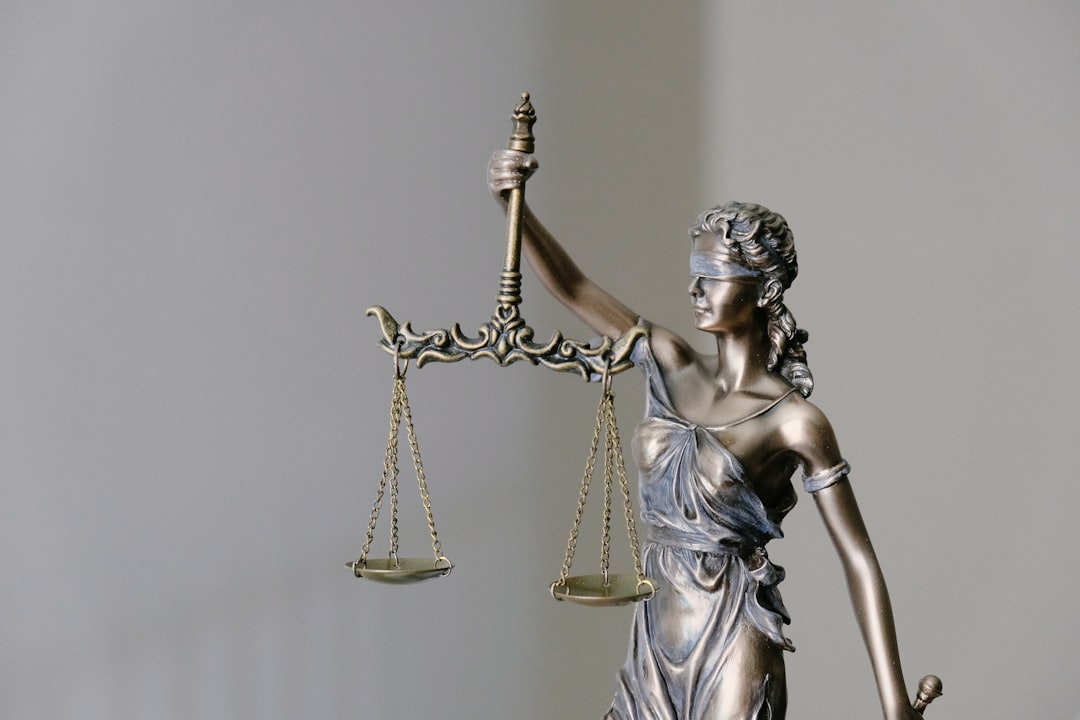In New York City (NY), the legal ban on conversion therapy protects LGBTQ+ youth from harmful practices that attempt to alter their sexual orientation or gender identity. This move aligns with state definitions of child abuse, emphasizing the well-being of minors. NY's strict laws, thorough investigations, and disciplinary actions send a clear message: therapists cannot use manipulation or control for psychological therapies, ensuring a safer environment for young residents to express themselves freely.
In New York City (NY), the debate surrounding conversion therapy has intensified, with a growing recognition of its harmful impact on LGBTQ+ youth. This therapeutic approach, aimed at altering sexual orientation or gender identity, has been widely discredited by the medical community. This article explores the legal dimensions of this issue in NY, focusing on how child abuse laws are applied to hold therapists accountable for their actions. By examining the city’s stance, we aim to shed light on the urgent need for protection and justice for vulnerable youth.
Understanding Conversion Therapy and Its Impact on LGBTQ+ Youth in NYC

Conversion therapy, a discredited practice aimed at altering an individual’s sexual orientation or gender identity, can have severe and lasting detrimental effects on LGBTQ+ youth. In New York City (NY), where a vibrant LGBTQ+ community thrives, the legal stance against conversion therapy is a significant step towards protecting vulnerable young people. This city has recognized the harmful nature of such practices, which often involve manipulative psychological techniques, misleading promises, and extreme forms of discipline.
The impact on NYC’s LGBTQ+ youth population cannot be overstated. Many young individuals struggling with their identity seek help from mental health professionals, only to find themselves subjected to harmful conversion therapy instead. This can lead to increased anxiety, depression, and even suicide attempts. By establishing laws prohibiting the practice, NY is sending a clear message that such abusive interventions will not be tolerated, ensuring a safer environment for young LGBTQ+ residents to explore and embrace their true selves.
The Legal Definition of Child Abuse in New York State

In New York State, child abuse is defined as any act or omission that causes harm or puts a child at risk of physical or emotional harm. This includes situations where a parent, guardian, or caretaker fails to provide necessary food, shelter, medical care, or supervision, as well as instances of physical, sexual, or psychological abuse. The state’s laws recognize the severity and impact of such actions on a child’s well-being, underscoring the duty of caregivers to prioritize the child’s safety and development.
NY’s legal framework considers conversion therapy as a form of child abuse when it involves coercion or manipulation aimed at changing a minor’s sexual orientation or gender identity. This is in line with the growing recognition that such practices are not only ineffective but also detrimental to young people, leading to psychological harm and increased risk of suicide. The state’s stance reflects a broader national trend towards protecting LGBTQ+ youth from harmful interventions, ensuring their right to be free from abuse and discrimination.
Navigating the Legal Stance: NYC's Approach to Holding Therapists Accountable

In New York City (NY), there has been a growing recognition of the harmful nature of conversion therapy, particularly when administered to minors. The legal stance against this practice is clear: it is increasingly viewed as a form of child abuse. NY has taken significant steps to protect young people by implementing laws that restrict the use of conversion therapy on individuals under 18. These measures include prohibiting therapists from attempting to change or suppress an individual’s sexual orientation or gender identity, and mandating informed consent from parents or guardians when therapies with potential psychological risks are involved.
The city’s legal system actively pursues accountability for therapists who engage in such practices. This involves thorough investigations into complaints and allegations, leading to disciplinary actions where appropriate. NY’s approach emphasizes the importance of safeguarding mental health and well-being, ensuring that conversion therapy is not used as a means of control or manipulation, especially within the vulnerable population of children and adolescents.





